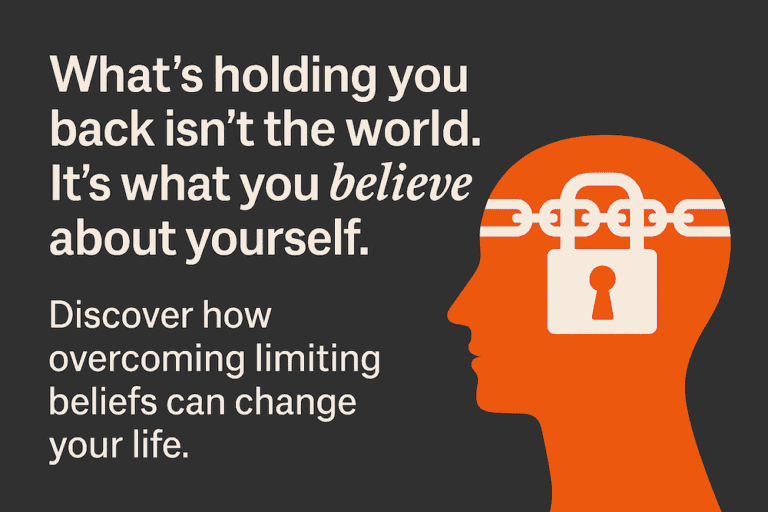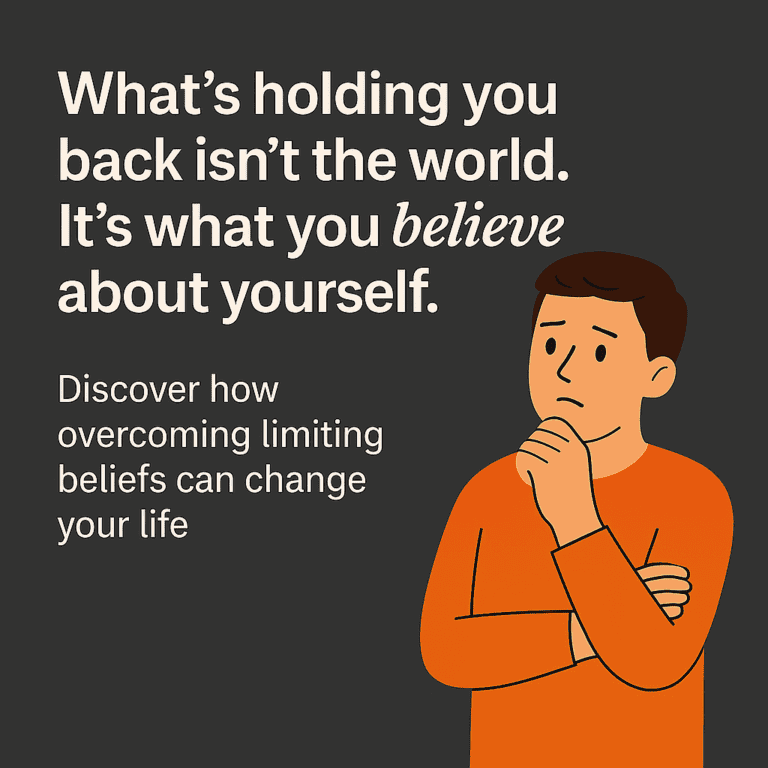Making Your Own Decisions - 8 Powerful Decision-Making Tips
Making your own decisions is the key to personal freedom and taking complete personal responsibility for yourself is, in fact, the most important thing you can do when making life-changing decisions. Every day, we all are tasked with the decision-making process and those tough decisions that we will have to make can directly impact our lives and the lives of others.
When making any decisions, some may seem small and inconsequential, while others will be life-altering and influence the path of your life in various ways. Not all of our good decisions, or bad ones for that matter, will be recognized for quite a long time.
You might find that a quick decision you made or some decisions you are going to make seem like a bad thing or bad idea right away. But that is the process of becoming a better decision-maker. Good decision-making, making an informed decision, is not something anyone is born with. Decision-making skills are only acquired through a lifetime of well, making mistakes.
These mistakes or bad decisions can help shape, or reshape your core values and at the end of the day teach you how to make more informed decisions. All of the trial and error is what allows us to make better choices for ourselves and others as we grow into more mature individuals.
In the end, hopefully, we become better decision-makers.
Eight Powerful Decisions-Making Tips
1. Don’t fear the consequences when making difficult decisions
2. Trust your gut instincts when making decisions
3. Play the devil’s advocate in decision making
4. Don’t get caught up in decision paralysis
5. Get all the pertinent information available when making decisions
6. Consider the effects your decision-making has on others
7. Overcome your fears when making decisions
8. Accept the results of your decisions

“What I’m telling you is, if you want to do things your own way, you’re going to have to make a decision, you’re going to have to find a little courage.”
~ John Irving
Martin Ward | November 27, 2021 – Updated October 6, 2022
Making Your Own Decisions A Way Of Life
Making your own decisions and your own choices, some small and some that will be major, are just a part of growing up and becoming a more responsible person.
Like funny man and top entrepreneur Kevin Hart once said, “Your life today is the sum total of your choices. So, if you’re not happy with it, look back at your choices and start making different ones.”
As a child, you might have had the luxury of having major life decisions made for you.
For example, when starting school, you had little-to-no choice about the school you went to or even what to have for dinner.
However, as you grow up, you must start making your own decisions.
This is the key first step in pointing your life in the direction that you want to go.
If you want to skip a meal, that’s up to you; if you wish to exercise, that’s your decision.
But making your own choices is more than just what to eat; there are certain times when you’ll have to make important life choices.
Should you quit your job and pursue your passion?
Do you want to move into that new apartment or continue saving for a car?
And with every choice carrying a potential avalanche of consequences, making the right one is imperative to your success and fulfillment.
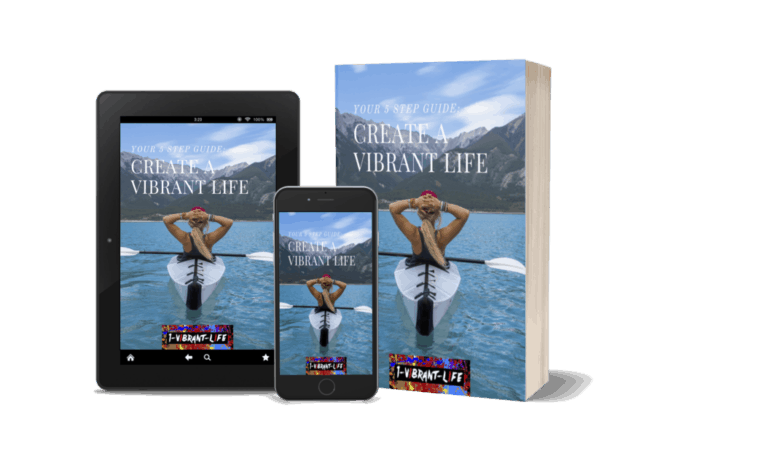
eBook
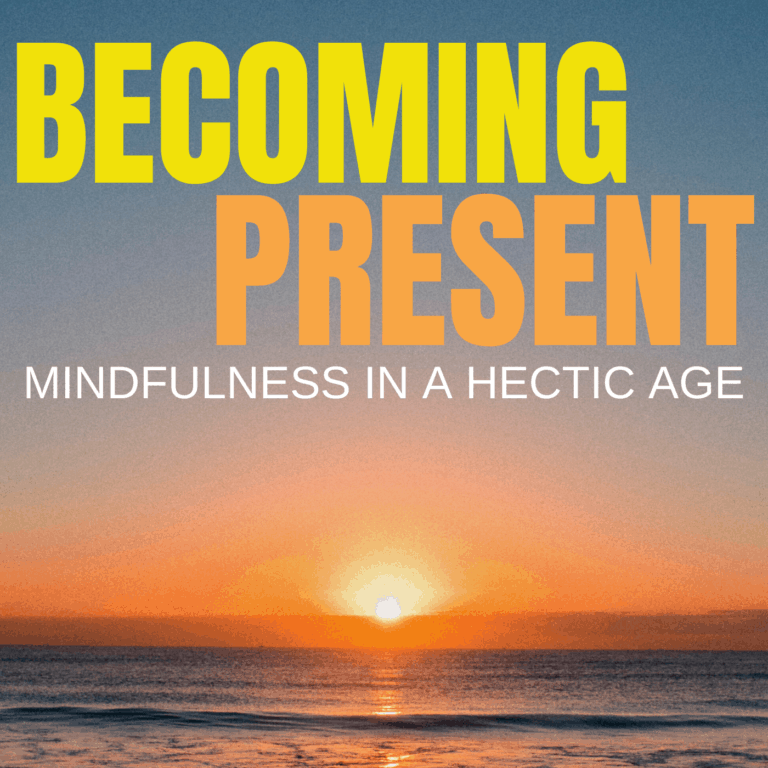
Audio eBook
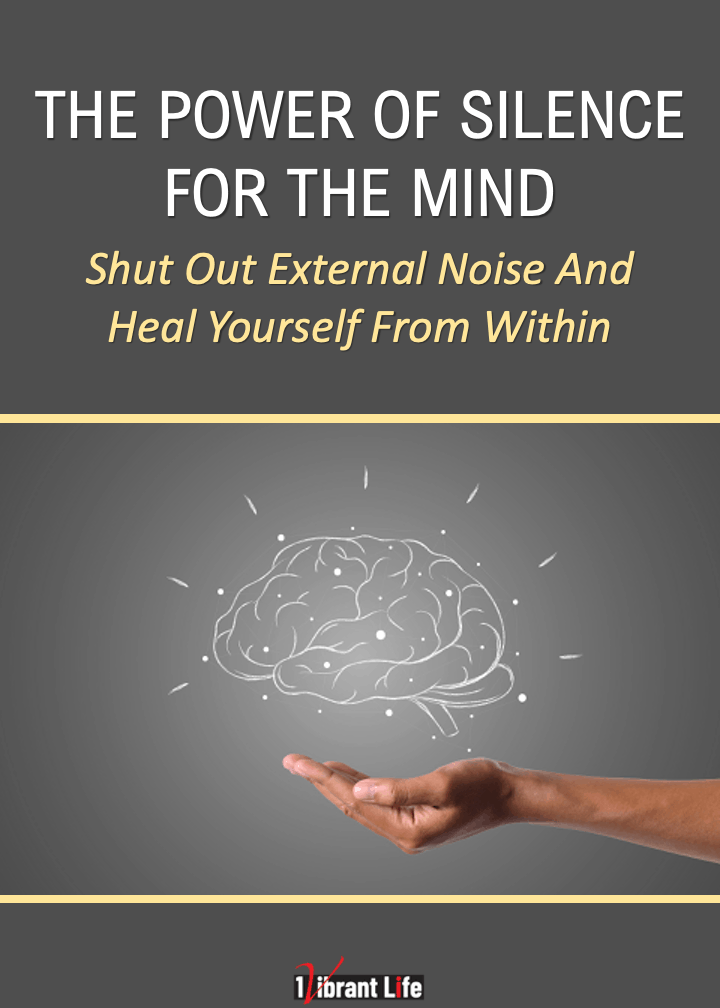
eBook
Three personal growth tools for you as a gift for visiting 1VibrantLife.com
Tips For Better Decision Making
How can you be sure you’re making the best decision or the right decision? Unfortunately, the consequences of making your own decisions will not always be immediate.
For instance, if you choose to start eating healthy and working out, the results of your choice may take weeks or months before materializing.
As identified above, every choice you make will have a direct impact on your life.
Below are eight practical tips that can help when you decide it’s time to start making your own decisions.
“The decision is your own voice, an opinion is the echo of someone else’s voice.”
~ Amit Kalantri
Don’t Fear The Consequences When Making Decisions
When you’re making a decision, you try and weigh the outcomes and how they affect you.
Fear will keep you stuck in what we’ve previously described as decision paralysis and keep you anxious and stressed out over the myriad of possible solutions to a problem when making a decision.
In the example given between pursuing your passion or sticking to your job, you’ll try and factor in which will make you happier and lead you to a better place.
However, science shows that humans are terrible at determining how an action or decision will affect them.
For example, many people think their lives will get better if they win the lottery, and the same people might believe their lives would be unbearable if they lost a leg or a hand.
This overestimation of how things will affect you is called hedonic or affective forecasting. And man is terrible at hedonic forecasting.
In the example mentioned above of winning the lottery, you’ve likely seen news of countless people who won the lottery, yet their lives took a turn for the worst. Many lottery winners lose most of their money and get back to their initial state.
These examples show people often overestimate the result of their choices.
Don’t fall into the same sort of fallacy or be held back by fear when choosing because either way, you could still get it wrong.
Additionally, sometimes, not making a decision is just as bad as making the wrong one.
So, while you should think about the consequences of your choices and factor them in, you should not let them keep you from making a decision.
Whatever the future holds for you, your decisions will likely help you or hurt you less than you imagine. So don’t let fear play more of a part in your decision-making than helping you to be more present and aware and making you think before you leap.
“Excellence is never an accident. It is always the result of high intention, sincere effort, and intelligent execution; it represents the wise choice of many alternatives – choice, not chance, determines your destiny.” ~ Aristotle
Trust Your Gut Instincts When Making Decisions
Most of the time, you want to take time and systematically weigh the pros and cons of every decision. For example, getting as much information as you can on how that new job you are considering will affect your life and the lives of your family members.
However, some of the best decisions you could make take just an instant.
In a study conducted by Alexander Todorov and Janine Willis from Princeton University, you take about 100 milliseconds to judge a person’s likeability, competence, trustworthiness, aggressiveness, and even attractiveness. And most of the time, you’re right!
The more time you take when considering different factors, the more open you are to bias and thought process corruption.
You can also experience what is known as decision fatigue, as described in her article; What Doctors Wish Their Patience Knew About Decision Fatigue. on the AMA website by Sara Berg, MS. she states the following;
“Making decisions day in and day out—whether they are as easy picking a route home from work or as difficult as navigating a once-in-a-lifetime pandemic—can be exhausting and cause people to feel overwhelmed, anxious, or stressed. This is known as decision fatigue, which is a state of mental overload that can impede a person’s ability to continue making decisions.”
However, this is not to say that taking time to consider or visualize the outcome when making your life decisions is wrong. It’s just that you could get a quick take on the situation and your initial gut feeling could be the right choice.
You don’t have to spend countless hours on every option available. Sometimes, your first feeling toward something could be the correct one.
“A wise man makes his own decisions. An ignorant man follows public opinion.”
~ Chinese Proverb

Play The Devil’s Advocate In Decision Making
Have you ever argued with someone about a touchy subject like the death penalty, abortion, or immigration, but the other person could only draw on their limited and subjective evidence to support their stand on the topic?
Infuriating as this may be, everyone is susceptible to confirmation bias. Confirmation bias becomes a problem when you believe the decision you’re making is rational and outweighs the alternative.
Unfortunately, confirmation bias is often a blind spot when making decisions.
So, before you can lock in your decision as to the best choice and ultimate truthful or helpful information, take the time to evaluate things from another perspective to see if you’re experiencing any cognitive biases.
You’ll be amazed at how seeing things from the flip side or from a different perspective can make a difference for you in how you’re seeing things.
If need be, talk to an objective party about the decision.
You’ll often be shocked at just how many things you failed to consider, or the mental shortcuts you may have been taking when making a decision.
Don’t Despair Over Making Bad Decisions
Sometimes, you continue making consecutively bad choices because of how invested you are.
For example, think about that attire you bought for so much money but never wear, either because it doesn’t fit right or doesn’t look good on you.
Despite knowing you might never wear it again, you’ll likely keep it at the back of the closet and let it take up precious space.
This is called the sunk cost fallacy and is often the root of most bad decisions. Replaying a decision repeatedly in your head long after making the decision is useless.
As Tony Robbins mentions in his blog, overthinking a decision is not the best thing to do;
“Replaying all the options in your head can lead to “paralysis by analysis” – you’re afraid to take the wrong action, so you take no action at all. But even making the wrong decision is better than making no decision.” Tony Robbins
If you’ve taken the time, effort, and resources to invest in something, you might have a tough time letting it go or being objective about it.
If you feel you’re deciding because of how attached you are, you should evaluate if that decision is the best and the factors that lead you to make a choice.
What’s done is done. Learn and move on.

Get All Pertinent And Real Facts When You’re Making A Decision
There’s a problem these days when it comes to knowing the facts surrounding important issues that require you to make major decisions.
Sometimes the decisions that you need to make can be life-threatening and require you to do a thorough investigation of all the relevant and available facts to determine what you need to do.
There is a new breed of problem in the world today, which is known by some as alternative facts. These “alternative facts” are misleading statements made up.
“Alternative facts” that are promoted as “facts,” in fact, actually have no bearing on the truth or reality of the situation from which you need to understand and be aware when making an appropriate and relevant decision.
Facts are real and actual and cannot be made up or created out of thin air because facts are based on detailed research and proof.
Alternative facts have no actual, detailed proof or researched truths to support them.
Often the research that may be offered as fact is, in fact, not based on actual research and is made up and misleading as well.
From the site Dictionary.com, What do alternative facts mean? “Alternative facts have been called many things: falsehoods, untruths, delusions. A fact is something that actually exists—what we would call “reality” or “truth.”
An alternative is one of the choices in a set of given options; typically, the options are opposites of each other. So, to talk about alternative facts is to talk about the opposite of reality (which is delusion), or the opposite of truth (which is untruth).”
Do not base your decision, and indeed not life-threatening or life-altering decisions based on bias, misleading and alternative facts.
It’s always a good idea, for bigger decisions, certainly for business decisions, to do the hard work and look at all possible alternatives, and possible options, get good advice when you can, and consult with your team members, group members, or the leadership team if needed.
If you do all that you will certainly get better outcomes from the decisions you need to make in your personal and professional life.
And If you use common sense, and listen to your gut instincts, there’s a very good chance you’ll make a decision or decisions, that work well for everyone.
“Choices are the hinges of destiny.”
~ Edwin Marcus
Consider The Effects Your Decision-Making Has On Others
When making significant decisions in life, one of the best things that we can do is imagine or visualize the outcome in our minds and see how it might affect us and others.
As Kelly Vaughan explains in her article; Science Says People Make Better Decisions When Those Choices Impact How Another Person Feels on Martha Stewart.com; It’s easier for us to understand how our decision meet our own needs than others.
“While it’s easy for individuals to understand what causes them pain or anxiety, whether it be physical or mental, it’s harder to know what causes others harm.”
Making the effort to create a vision in our minds of the good, the bad, and the ugly result of a decision we might make can be very helpful.
For example, you might want to get away or even run away from the life you’ve created in one town and move on to a new city and start over.
However, if you imagine yourself sitting on a new couch in a new apartment or house in that new town, you’re probably still facing the same issues you were running away from.
Based on this simple yet powerful visualization exercise, you might decide to, in fact, stay put and save the money and time of moving and deal with the fear you’re trying to avoid.
Happiness is a state of mind and peace of mind, and you cannot run away from your problems.
Overcoming Your Fears When Making Decisions
No question there are times when we’re all afraid of making important decisions and we can be absolutely terrified of doing anything.
There can be so many things to consider when trying to make a decision that often we just want to avoid making them altogether. And we often do it at our peril.
“So, first of all, let me assert my firm belief that the only thing we have to fear is…fear itself — nameless, unreasoning, unjustified terror which paralyzes needed efforts to convert retreat into advance.“ ~ Franklin D. Roosevelt (R) 32nd President of the United States
No matter how much you don’t want to deal with that parking ticket, work problem, classmate, workmate, customer, sibling, or spouse, you ultimately have to take personal responsibility for the outcome one way or the other.
Dealing with our fears head-on and directly is always the best way of deciding how to solve our problems in life.
You cannot live in peace and harmony with unsolved issues or decisions hanging over your head.
Most often, what holds us back in life is fear, and most often our fears are not based on reality.
We are often afraid of not getting the approval of others when we make decisions even when we know it’s the best decision we can make for ourselves.
When doing what we know we are doing what is right for ourselves, we are doing the right thing for everyone, even though they may not see it that way.
We imagine based on our limiting beliefs that we are not strong enough, good enough, smart enough, good-looking enough, talented enough, and on and on.
If you look closely at your fear in trying to make a decision you can actually counter those negative restrictive fears by countering them with positive affirmations about yourself that you know to be true.
For example, your boss has offered you a promotion and you’re not sure that you have what it takes to accept the position. Well, your boss does. They seem to think that you are the right person for the job.
If you take that into consideration along with other good reasons, instead of your own self–doubt you can easily overcome the fear and decide to take the job.
Weigh the positive and negative, visualize the outcome, and make the best choice you can.
Sometimes taking a leap of faith and saying yes instead of no can be a game-changer in your life. You’ll be glad to take a chance and then just move on in your life.
“You can’t make decisions based on fear and
the possibility of what might happen.” ~ Michelle Obama
Accepting The Consequences Of Your Decisions
We can move forward after making very tough, life-altering decisions in our lives and begin putting troubling or difficult issues behind us.
After making those hard decisions, we can begin to see what will hopefully be a better future on the horizon.
The feeling of relief or comfort that we may have needed has finally arrived, and we can begin to breathe again.
And finally, after making any big decisions, we can begin to forgive ourselves and others and hopefully forget any of the bad choices that led us there in the first place.
We made it through.
We can rebuild and begin the starting over process in our lives and accept that we’ve made good choices.
“We must make the choices that enable us to
fulfill the deepest capacities of our real selves.” ~Thomas Merton
Conclusion
Ultimately, making your own decisions in life is the only way to take control of your personal freedom, your future, take personal responsibility, and the hopes and dreams you have for your life.
Hopefully, these few tips offered in this post will help you begin to take a step back, and take a little more time and thought when making your own decisions in the future and you’ll join the ranks of most great decision makers.
Becoming more reflective, intentional, and confident when making your own choice and all of the decisions you’ll make in life, and how those choices impact your life and the lives of others will create a life with more happiness, joy, fun, and abundance.
But more importantly, a lot less disaster, dysfunction, and heartache.

My Name is Marty Ward and I’m the creator and publisher of the 1-Vibrant-Life blog.
On March 8th, 1984, at the age of 26, I sustained a traumatic brain injury in a car accident while driving to my day job.
At the time of the accident, I was having a fairly successful life as a musician in Chicago, which included a recent appearance on Star Search 84′ with Ed McMahon and preparing to be included in a group major independent recording contract.
However, after my accident, I was unable to perform or play my instrument. I was out of work and I had lost all confidence in myself and my abilities, felt lost and with no direction.
My injury and my recovery led me down a path of self-improvement, and self-discovery which gave me my life back filled with many amazing experiences and a newfound sense of hope. Learn more about my story on the 1-vibrant-life about page.
CBTCP Certification (Cognitive Behavioral Therapy Certified Practitioner) | 10-16-2021 Certification From The Academy of Modern Applied Psychology, in The Transformative Science of Cognitive Behavioral Therapy, CBT

